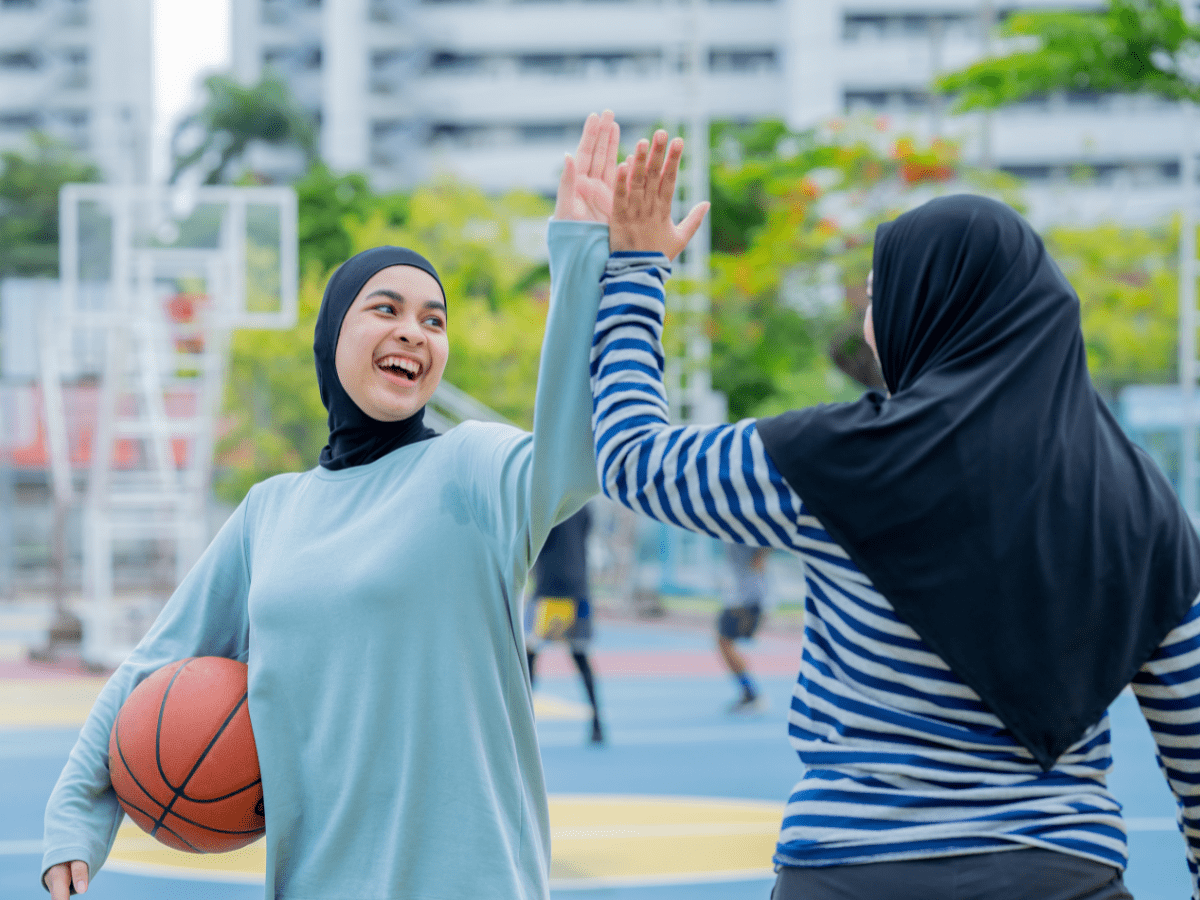Meat consumption and recovery
Physical activity is essential for maintaining health, but intense training can result in immune dysfunction and muscle damage. Recent research points to meat as a potent recovery aid, rich in bioactive compounds that support muscle repair and optimize performance.
Creatine supplementation in athletes
Creatine, a popular supplement among athletes, enhances the body’s natural ATP production, improving performance during high-intensity exercises. It also promotes post-exercise recovery and may aid in rehabilitation after injury.
Preventing eating disorders among young athletes

Introduction Adolescence is a pivotal stage marked by increased vulnerability to the development of body image concerns, disordered eating, and eating disorders. For adolescents involved in sport, where they may face pressure to conform to a certain body type to progress and achieve success, the risk may be even more pronounced. Consider some of the…
Vegetarian diets vs omnivorous diets for athletes
Despite dietary differences, vegetarian and omnivorous athletes perform similarly, though vegetarians consume more carbs and less protein and fat. For optimal performance, personalized nutrition is crucial, regardless of diet.
Faith on Ice: How Canadian Coaches Can Support Muslim Athletes During Ramadan

This article was originally published in the Winnipeg Newcomer Sport Academy. Introduction As Canada transitions from the chill of winter to the gentle warmth of spring, Muslim athletes across the province are preparing for Ramadan, one of the most sacred and reflective periods in the Islamic calendar. Marked by fasting, prayer, and self-reflection, Ramadan influences…
Nutrition for injury prevention in combat sport athletes
Athletes in combat sports have a high risk of injury, with common issues affecting the head, neck, and limbs. Proper nutrition, including proteins and omega-3s, can help prevent injuries and speed up recovery, making it a key part of staying healthy and returning to training.
Sport-specific influences and risk factors for disordered eating
Female athletes in artistic, endurance and combat sports are at higher risk of developing disordered eating and eating disorders than the general population, and new research reveals some interesting sport-specific differences. For example, female endurance athletes engage in more disordered eating attitudes and behaviours than athletes in artistic and combat sports, emphasizing the importance of…
Nutrition and muscle recovery
Recovery strategies are key for athletes to combat fatigue from increased metabolism during physical activity. Nutrients like proteins, amino acids, and vitamins are crucial for supporting muscle recovery and reducing post-exercise damage.
Keto diets for elite endurance athletes
Ketogenic diets are gaining attention in elite endurance sports for their ability to boost fat burning, potentially transforming performance. However, concerns linger about their impact on glycogen use and high-intensity exercise, with mixed results among athletes.
Disordered eating in elite athletes
Athletes face a heightened susceptibility to disordered eating compared to non-athletes. Social and sport pressures influence disordered eating behaviours among elite athletes. Interviews with 9 male and female athletes reveal insights into the complex interplay between societal norms, athletic demands, and dietary practices.